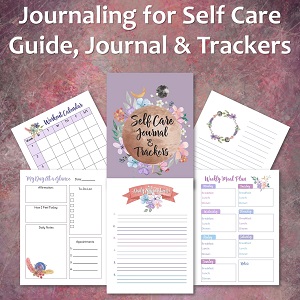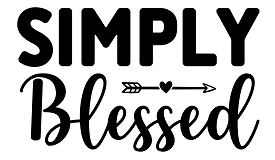 Everyone has someone difficult in their lives. It could be a family member, a friend or a coworker. There’s the drama queen – this person lives and breathes drama (his or her own or someone else’s). Nothing is a simply reaction – everything is an overreaction.
Everyone has someone difficult in their lives. It could be a family member, a friend or a coworker. There’s the drama queen – this person lives and breathes drama (his or her own or someone else’s). Nothing is a simply reaction – everything is an overreaction.
Then there’s the complainer – the person who never seems to be happy or satisfied with anything or anyone. They continually gripe. There’s the dream killer. Whatever dream you want to do or you’re excited about, they’re going to tell you everything that’s going to go wrong and give you case after case of people who tried and flopped.
You might have a perfectionist in your life, or a know it all – or someone who’s sarcastic or ridicules people. You may have that person who makes hurtful, snide remarks then says they were just joking.
Regardless of the type of difficult person you have to deal with, the results are the same. They drain your mental energy and if you’re not careful, you can find yourself being affected by some of their habits.
There are ways that you can have a solid plan for self care in place so that these people don’t get to impact your mental well-being. If someone is spewing negativity, or they’re railing about something that you know has the power to affect you, first, take a deep breath and slowly let it out to center yourself.
Then, ask yourself if there’s any truth to the statements or situation. If there is, decide if it impacts your happiness, finances, relationships, or your job. If the answer is no, let it go.
There’s no need to jump into the middle of drama that’s not yours. If the difficult person is bringing or creating a situation that does have something to do with you, ask yourself if you can change it.
If so, ask what the best way to deal with it is. If there’s no action that you can take then let it go. Trying to solve the unsolvable is a recipe for success. Recognize that sometimes, there is no closure and you simply have to move on, leaving things as is.
Don’t engage with difficult people who are just looking to complain, insult or tear you down. It’s not your battle. Let them be angry or miserable and don’t take on that burden.
With good self care habits, there should be firm boundaries in place for dealing with difficult people.
You can say that you don’t want to hear something if it’s negative or gossipy or you know it’s not going to serve a good purpose in your life. You can also state that there’s nothing you can do if a difficult person is pressing you for help you don’t have or don’t want to give.
Sometimes, no matter what you do, you can’t help the other person. Walk away from difficult people that are negatively impacting your life. Go and recuperate from the stress by relaxing and rejuvenating yourself with something positive that nurtures you.




